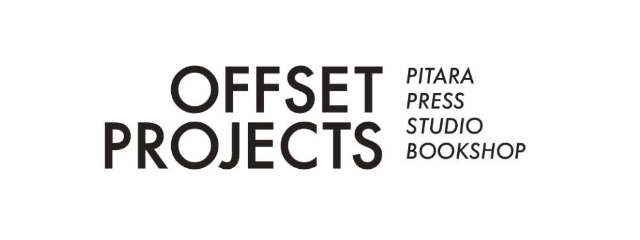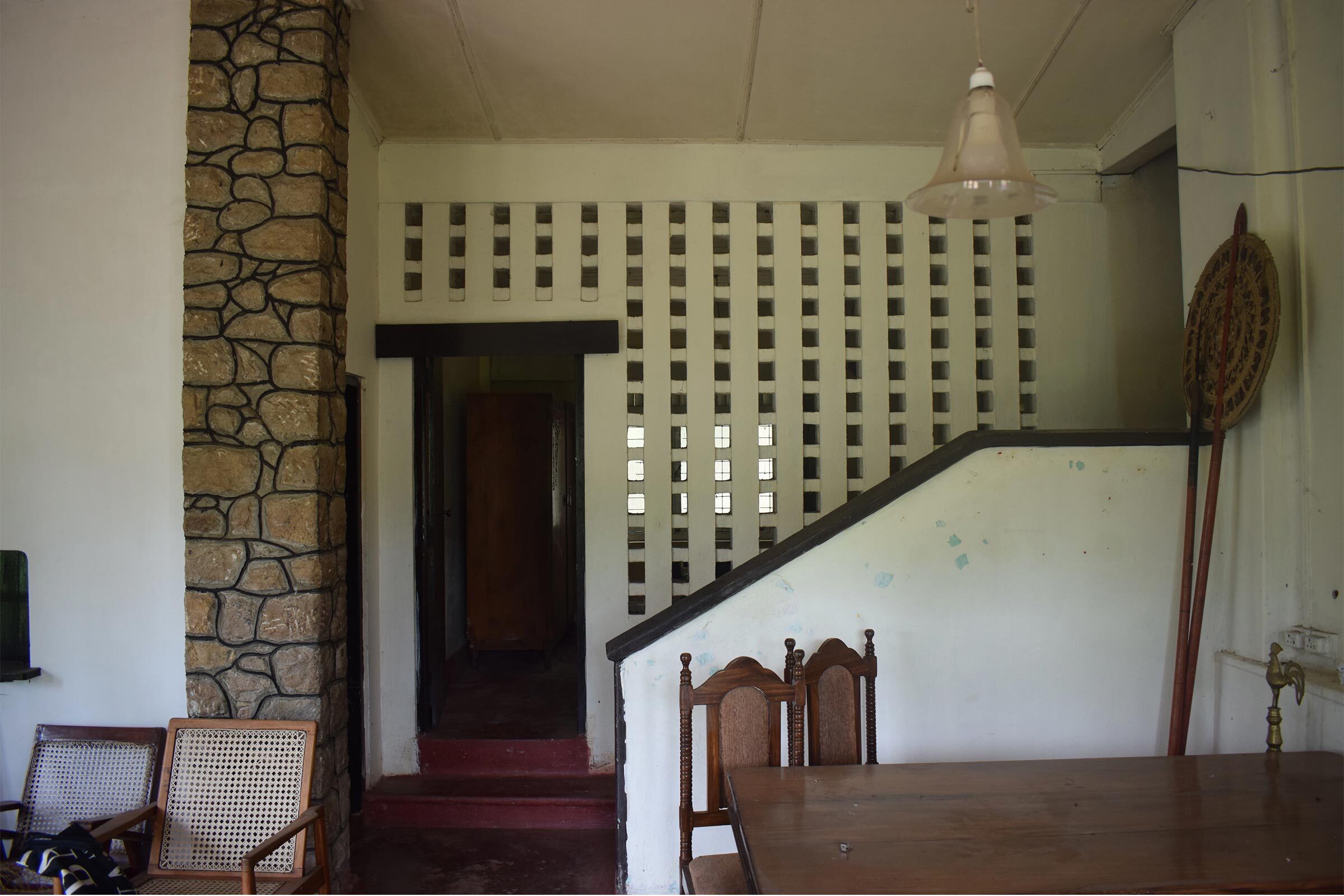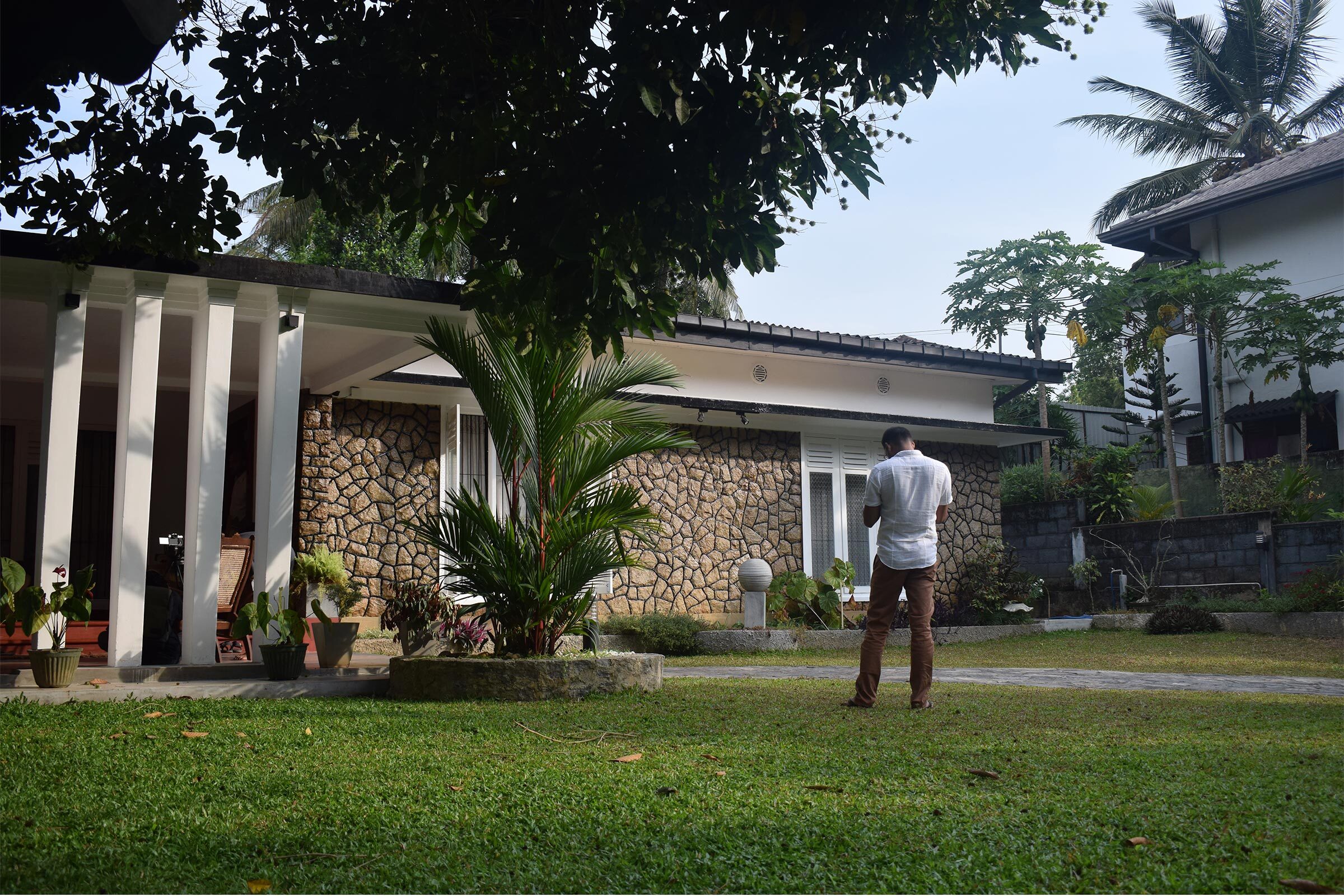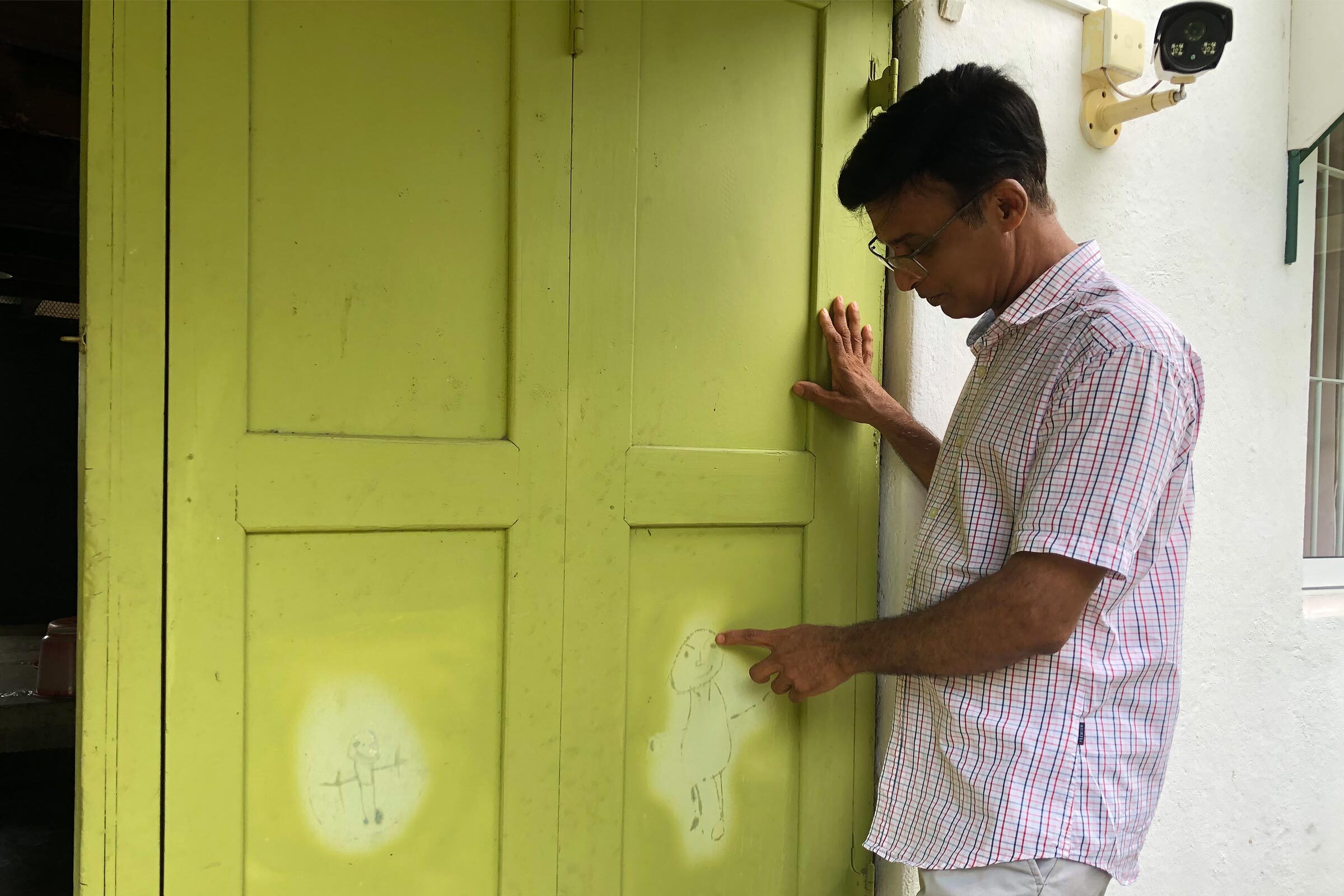MUSEUM OF MODERN AND CONTEMPORARY ART SRI LANKA
One of the Museum of Modern and Contemporary Art Sri Lanka’s (MMCA Sri Lanka) principal aims is to create a museum that is compelling, inclusive and relevant to the art histories that are unique to the contexts of Sri Lanka. Such an approach surrounds and informs an upcoming exhibition and artists’ book on the architect Minette De Silva (1918-98). Rather than looking at the entirety of De Silva’s practice, the MMCA Sri Lanka will be presenting a single project, namely, the 1958 Watapuluwa Housing scheme in Kandy.
De Silva instigated and compiled a book about her practice which was published in 1998, months after she died, titled, ‘The Life & Work of An Asian Woman Architect – Vol. 1’. Contributing to the existing published material on De Silva’s work, the MMCA Sri Lanka have commissioned an artist's book that aims to give form and content to a ‘Vol. 2’, had one been published. De Silva’s 1998 book collapses elements of an artist's monograph, coffee table book and historical survey into one publication. Working on the page layouts by cutting and pasting text and images onto dummy page spreads with the printer, De Silva, saw the compilation of her book as tantamount to the task of archiving her complete work in print. 'Second Volume', by contrast, aims to focus on a single project - De Silva’s Watapuluwa Housing Scheme. The single project approach opens up the prospect of future ‘volumes’ that would in turn look at her seminal practice and theoretical work, one project at a time.
Website: Museum of Modern and Contemporary Art Sri Lanka
Social Media: Instagram

Offset Projects Mentorship Programme
Offset Projects mentorship programme for MMCA SL was facilitated by Art South Asia Project.
Offset Projects is a proposition by artist Anshika Varma to create channels of engagement in photography and book making through curated reading rooms, artist talks, workshops, residencies, exhibitions and expanded programme in publishing practices. It exists in a fluid form, inviting collaborators to play and experiment with its unstructured identity to make space for meaningful critique and inquiry on visual language in the region.
At the core of these activations is a travelling library, the Offset Pitara, with a focus on photographic voices from the Global South and its diaspora. It looks at exploring authorship and the democratic dissemination of artistic expression through the book form, to break notions of exclusivity in access, readings and ownership of visual language. Apart from its own publications, its practice is informed by creating platforms to encourage and support individual artists as authors and publishers of their works.



